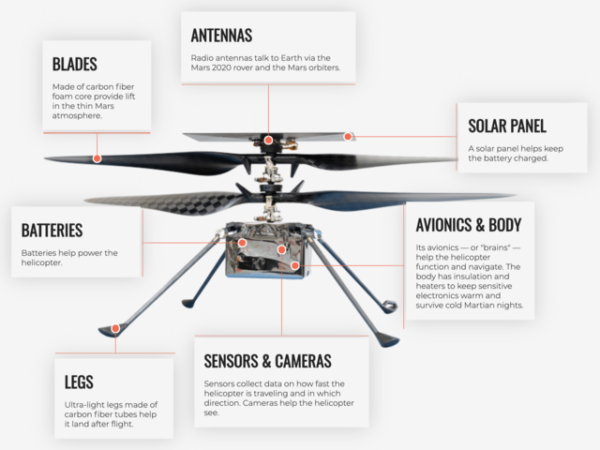Collabora working on Wayland driver for Wine
Following on from an initial proposal by Collabora for a Wayland driver for the Wine emulator (which enables Windows applications to be run on Linux. Ed.), the company’s developers have now posted a Request for Comment (RFC) on the upstream mailing list, Germany’s Linux Magazin reports.
The goal of this driver is to allow Windows applications to run directly on Wayland compositors, eventually removing the need for XWayland for many uses.
The goal of this driver is to allow Windows applications to run directly on Wayland compositors, eventually removing the need for XWayland for many use cases. Consequently, it should not be assumed that XWayland will get support for modern features. In a post on Collabora’s blog, chief developer Alexandros Frantzis mentions HDR imaging as such a function. Furthermore, as an additional layer, XWayland represents an unnecessary complication and possible breeding ground for inefficiency.
This RFC contains additional details of how the Wayland driver should work with Wine. Copy/paste, Drag-and-drop and changing the display mode are mentioned. Copy/paste support is already working well in both directions, according to Frantzis, i.e. both from native Wayland applications to Wine applications and vice versa. Drag-and-drop works from a native Wayland application to a Wine application in many established formats. Progress on these aspect of the driver can be seen in the video below released by Collabora.
 Typically “The Not” was a piece of wood, a ruler or a stick, often inscribed with “WN“. On any schoolday, it was given to be worn round the neck to the first pupil to be heard speaking Welsh. When another child was heard using Welsh, “The Not” was passed to the new offender: and on it went. Pupils were encouraged to inform on their classmates. The pupil in possession of “The Not” at the end of the lesson, school day or week – depending on the school – received additional punishment besides the initial shaming and humiliation.
Typically “The Not” was a piece of wood, a ruler or a stick, often inscribed with “WN“. On any schoolday, it was given to be worn round the neck to the first pupil to be heard speaking Welsh. When another child was heard using Welsh, “The Not” was passed to the new offender: and on it went. Pupils were encouraged to inform on their classmates. The pupil in possession of “The Not” at the end of the lesson, school day or week – depending on the school – received additional punishment besides the initial shaming and humiliation.



![Text on building reads What the [insert word of choice] is happening?](http://xislblogs.xtreamlab.net/slwoods/wp-content/uploads//sites/23/2021/02/600px_insert_word_whitehall_road.jpg)

 Going back to my schooldays over 5 decades ago, I recall being taught in English language classes that to rubber stamp means officially to approve a decision without giving the matter in question any proper scrutiny or thought.
Going back to my schooldays over 5 decades ago, I recall being taught in English language classes that to rubber stamp means officially to approve a decision without giving the matter in question any proper scrutiny or thought.